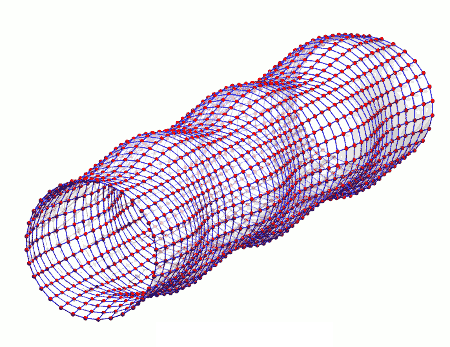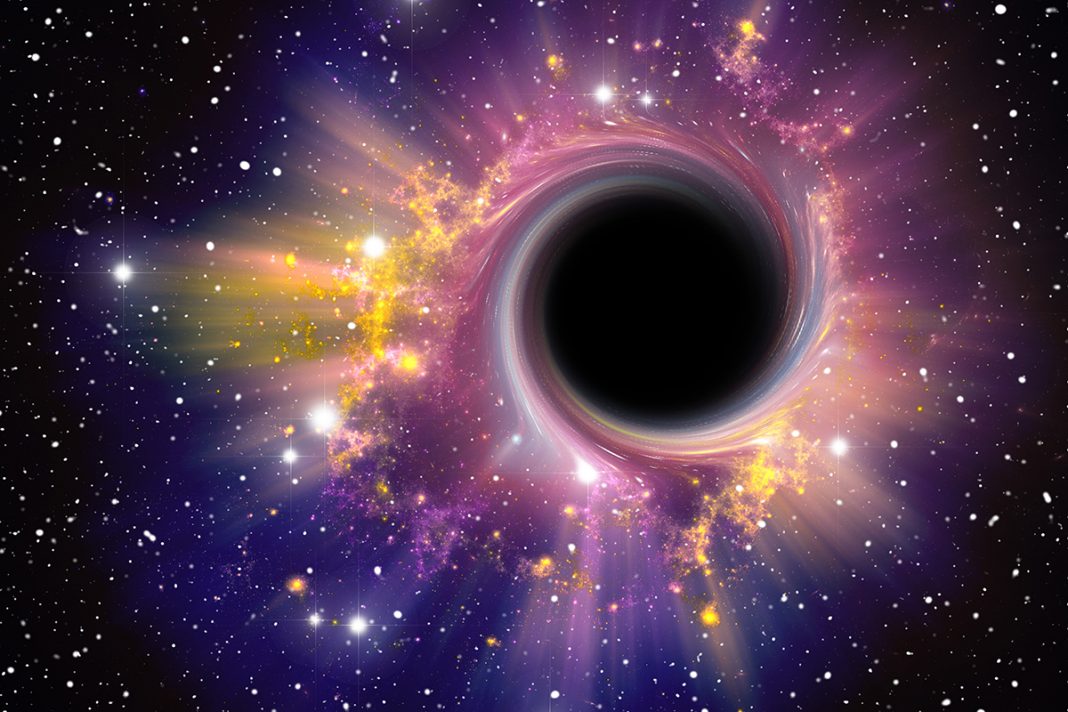Gravitational waves, those made by the merging of two black holes, are difficult to detect but the team at LIGO, the Laser Interferometer Gravitational-Wave Observatory, has recorded these events three separate times.
However, a number of physicists have taken issues with the LIGO findings and lines are being drawn all sides.
The main dispute is over some strange correlation data or underlying noise in the gravitational wave readings. LIGO records gravitational waves with two separate observatories built with 3,000 kilometers in between them. Both detectors record waves with frequencies as tiny as one ten-thousandths of the width of a proton. Many sounds and movements on Earth can mimic or interfere with the gravitational wave detection but the simultaneous recording should filter these out as the detectors only record waves both observatories can detect.
After the LIGO finding was released, physicist Andrew Jackson from the Niels Bohr Institute and colleagues have closely studied the results and are contesting the conclusions drawn by the LIGO team. Jackson claims that the noise in the data “could range from a minor modification of the extracted wave form to a total rejection of LIGO’s claimed [gravitational wave] discovery.”
On the other hand, LIGO stands by their findings.
There are a number of possibilities to explain the noise left behind in the data and they range from insignificant, like remnants from the wave itself, and major, like noise or background readings being mistaken for gravitational waves.
Other scientists, like Ian Harry a member of the LIGO Scientific Collaboration from Max Planck Institute for Gravitational Physics, have defended the original findings. Harry, in particular, published his answer to the Jackson paper, explaining that Jackson and his team used faulty filtering to analyze the data and that Harry could not reproduce the results. Jackson, in turn, found a mistake in Harry’s code and claimed the rebuttal had no impact on his original statement. Harry claims the error was a typo and once corrected did not affect his findings either.
Overall, the evidence of gravitational waves is considered accurate by many scientists outside of the LIGO Collaboration and inside of it. And while the lines are definitely drawn, most see it as good science in action rather than all out war. “There is no drama here,” said astrophysicist from Northwestern University and a member of the LIGO team, Vicky Kalogera. “It’s science as usual. … Healthy, positive communication is very much welcome amongst scientists.”
Related Links;
- STRANGE NOISE IN GRAVITATIONAL-WAVE DATA SPARKS DEBATE – Art.Source
- Gravitational Waves Discovered at Long Last
More News to Read











